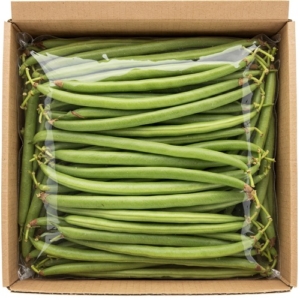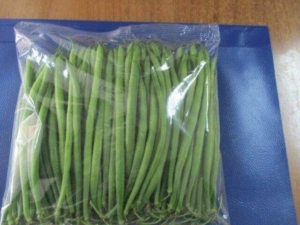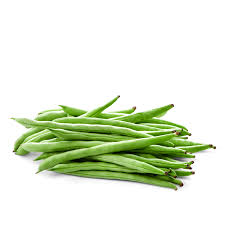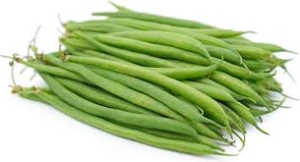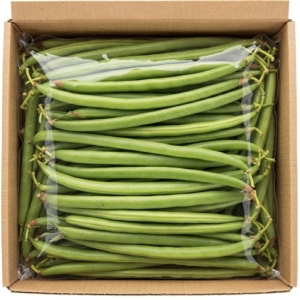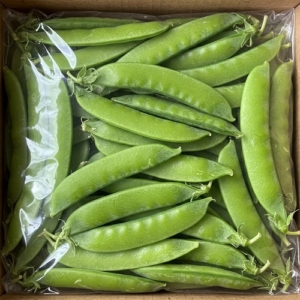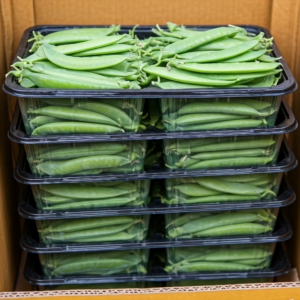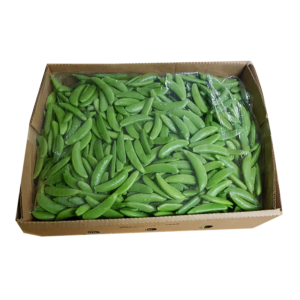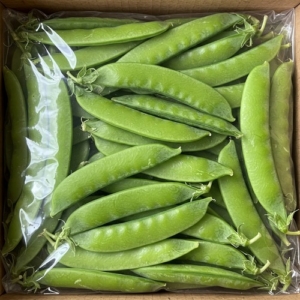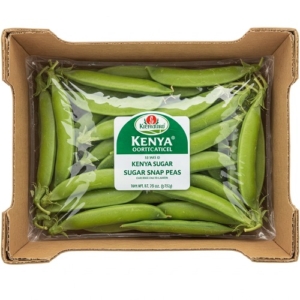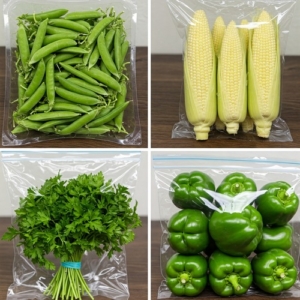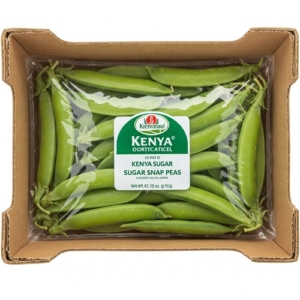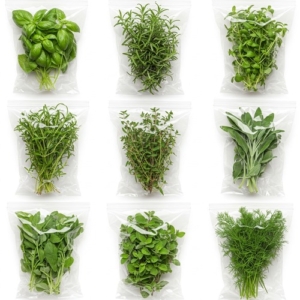Kenyan Asparagus Wholesale Rotterdam
Buyers seeking steady, direct-from-source procurement find a reliable ally with Kenyan Asparagus Wholesale Rotterdam. Through Mulberry Growers’ structured operations, the asparagus is grown on privately managed farms in Kenya, ensuring origin control and consistency. Importers value how this independence translates into superior crop standards without depending on third-party suppliers. Kenyan Asparagus Wholesale Rotterdam also means better traceability, since the asparagus never changes hands during cultivation. By streamlining the farm-to-export flow, we remove delays and unpredictability—something bulk purchasers prioritize. Wholesalers and import-focused buyers who prioritize source authenticity consistently return to this supply channel for its consistency.
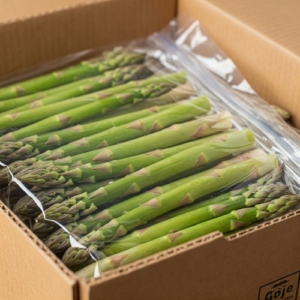
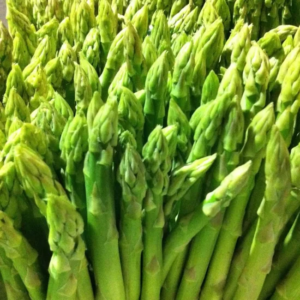
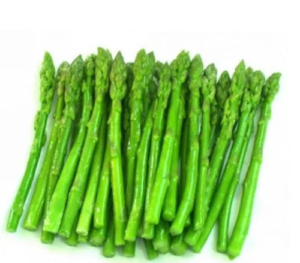

Adaptive Kenyan Asparagus Wholesale Rotterdam
Market responsiveness is central to Kenyan Asparagus Wholesale Rotterdam operations, allowing timely shifts in supply flow as demand changes across Europe. Mulberry Growers adapts through tight harvest planning and dispatch coordination, aligning output with fluctuating retail and distribution cycles. Kenyan Asparagus Wholesale Rotterdam buyers benefit because shipments are tailored to reflect current purchase behaviors rather than outdated forecasts. This agility minimizes overstock for bulk traders and reduces perishability concerns. It also means seasonal deviations don’t lead to bottlenecks—something processing companies value for operational continuity during unpredictable buyer shifts across the Rotterdam network.
Efficient Pre-Shipment Cooling and Hydration Methods
Kenyan Asparagus Wholesale Rotterdam distribution benefits from advanced pre-shipment cooling protocols that start directly at the source farm. Mulberry Growers prioritizes post-harvest hydration to extend shelf viability and prevent early lignification of spears during long-haul airfreight. For Kenyan Asparagus Wholesale Rotterdam clients, this translates into product that arrives ready for immediate market deployment or minimal cold-storage holding. By conditioning asparagus right after harvest, buyers receive product that maintains crunch and color throughout transit. These cold chain efficiencies allow traders and processing plants to operate without extra product conditioning once shipments land in Rotterdam.
Can I Count on Reliable Crop Volume Through Changing Seasons?
Importers relying on Kenyan Asparagus Wholesale Rotterdam frequently ask whether continuity is realistic year-round. The answer lies in Mulberry Growers’ diversified elevation-based growing areas, which allow phase-based harvesting across microclimates. This staggered cultivation pattern ensures that Kenyan Asparagus Wholesale Rotterdam remains consistent even during European low-availability months. Buyers sourcing for grocery chains or institutional kitchens value the reduced risk of supply disruption. While local asparagus may experience seasonal dips, Kenyan-originated supply bypasses that issue. Mulberry’s field scheduling and elevation management ensure constant flow, even when European competition slows their harvesting operations.
Inventory Turnover Optimization for Rotterdam-Based Distributors
Kenyan Asparagus Wholesale Rotterdam helps importers manage turnover by delivering pre-cooled produce optimized for immediate distribution. That quick readiness plays a major role for Rotterdam-based buyers needing to clear warehouse space quickly. Kenyan Asparagus Wholesale Rotterdam shipments arrive primed for same-day regional delivery or onward transport to other EU zones. Faster movement through ports leads to reduced holding costs, benefiting warehouse-dependent businesses. By accelerating produce availability post-arrival, Mulberry Growers supports tighter inventory cycles and shortens time from customs clearance to dispatch. This matters for time-sensitive wholesalers handling perishable goods across several European outlets.
Distinct Crop Texture and Size Grading from Origin Point
With Kenyan Asparagus Wholesale Rotterdam, grading begins on the farm itself, not post-arrival in Europe, allowing traders to specify exact length, girth, and tip firmness. Mulberry Growers tailors field-level sorting to meet packaging and size protocols required by bulk buyers. Kenyan Asparagus Wholesale Rotterdam offers selection consistency, aiding in recipe standardization and visual merchandising, particularly for food service chains and supermarket clients. This upstream standardization limits post-import rejection and repackaging. Importers find that uniformity is not a promise but a built-in feature of origin-level harvest planning, contributing to reduced operational friction downstream.
De-Spearing Downtime Minimization Through Direct Source Coordination
Traders and manufacturers handling bulk loads avoid delays through Kenyan Asparagus Wholesale Rotterdam because spears are cut and bundled directly under buyer specifications. Mulberry Growers’ in-house harvest protocols eliminate the need for intermediary re-processing. Kenyan Asparagus Wholesale Rotterdam assures buyers that incoming product is kitchen- or processing-line-ready upon arrival. This bypasses the need for additional trimming or soaking, which is critical for frozen vegetable producers or foodservice suppliers. The clean spear presentation also appeals to bulk salad-kit assemblers who demand visual uniformity. Direct coordination limits mismatch risks common in resold produce chains.
Handling Post-Landing Timing with Regional Freight Integration
Timely distribution after landing is vital, and Kenyan Asparagus Wholesale Rotterdam streamlines this with scheduled integration into EU-bound trucking circuits. Mulberry Growers aligns with customs brokers and regional freight handlers to ensure clearance-to-delivery gaps are minimized. Kenyan Asparagus Wholesale Rotterdam shipments transition from port to warehouse or buyer hub within predictable windows. This matters especially to businesses supplying cruise ships, airline caterers, or retail franchises operating under fixed calendar allocations. Importers gain confidence through seamless post-arrival logistics that avoid timing misalignments often seen with less coordinated import channels.
Request a Direct Quote with Mulberry Growers
Bulk buyers looking to incorporate Kenyan Asparagus Wholesale Rotterdam into their procurement strategy can start by engaging directly with Mulberry Growers. Our field-to-port approach means no intermediaries and clearer delivery timelines. Kenyan Asparagus Wholesale Rotterdam is ideal for those requiring streamlined volume handling with predictable grading and condition upon arrival. Whether you’re distributing across retail hubs or stocking for institutional use, Mulberry Growers invites inquiries and quote requests via our official inquiry portal. Get direct support for your asparagus import plans and streamline your supply model.
- Email: commercial@mulberrygrowers.com
- Call/WhatsApp: +254 716 150 111 OR +254 748 897 749
- Website: www.mulberrygrowers.com
